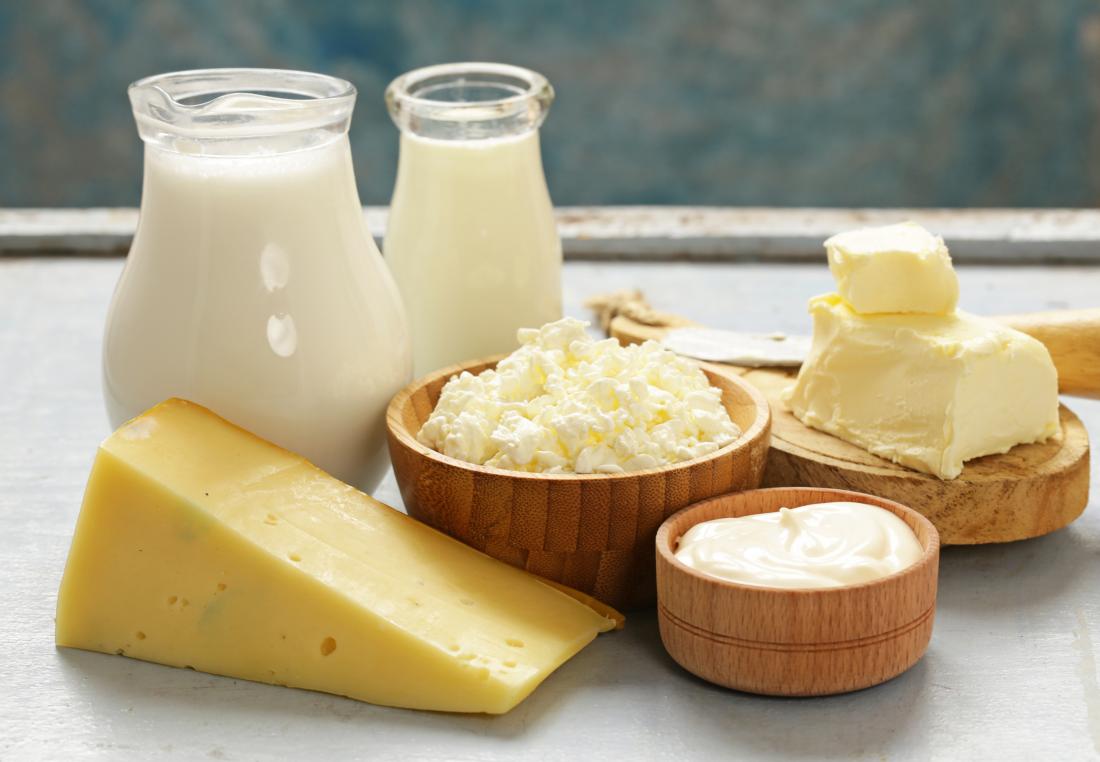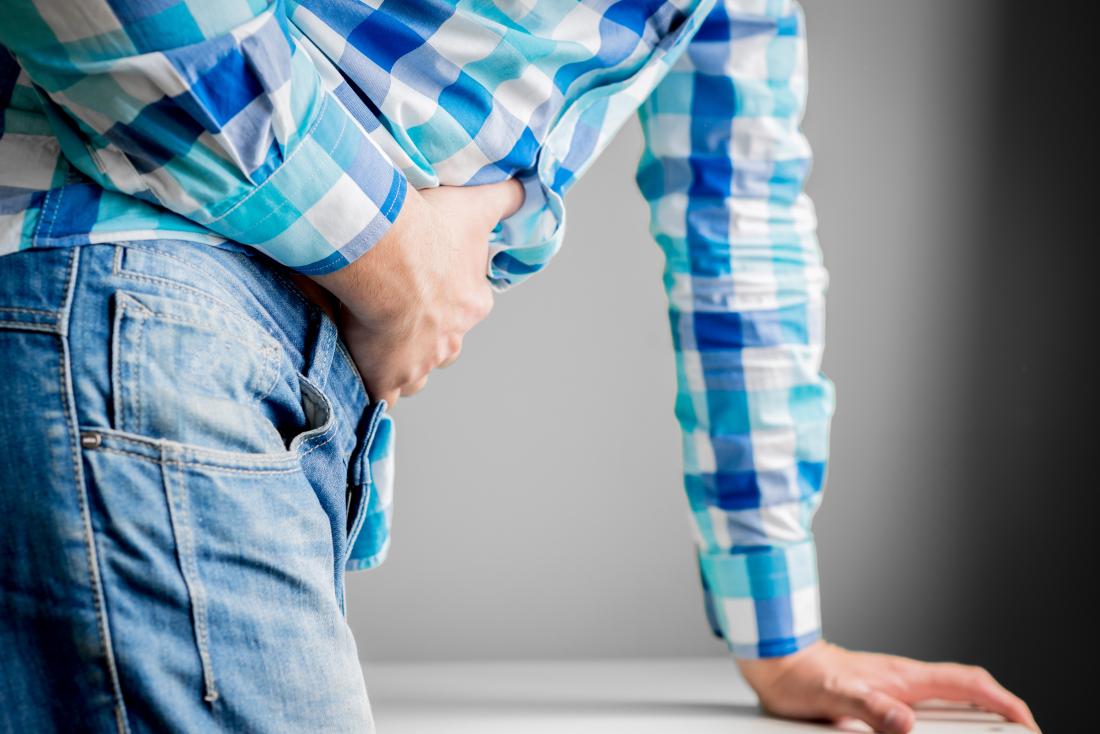Typically, people pass gas 5–15 times per day. Dietary changes, altering eating patterns, and identifying food intolerances can all help prevent excessive flatulence.
In this article, we look at the possible causes of excessive flatulence and ways to prevent it from happening.
Normal digestive processes
A person may be reacting to certain foods if they are farting excessively.
Simply eating or drinking is enough to cause gas. As a person eats or drinks, they tend to swallow a bit of air. The body may release this air as a burp, or the air may make its way to the intestines, where it will eventually leave the body as a fart.
Farting is also an indication of natural activity in the digestive system. The bacteria that live in the gut create different gases as they break down foods, and the body releases these gases as a fart.
Dietary changes
People may notice that they fart more after making changes to their diet. Changes could include becoming vegetarian or vegan, cutting out food groups, or adding new foods to the diet.
In these cases, any digestive disturbances — which can also include nausea, stomach upsets, and constipation or diarrhea — should settle down as the body adjusts to the new diet. If it does not settle down, this may indicate that the new eating pattern is triggering a food intolerance.
Eating certain foods
Some foods cause more digestive gases to build up than others. Foods that cause gas include many carbohydrates, starches, and foods that are high in fiber.
In contrast, proteins and fats do not typically cause gas, though specific proteins can intensify the odor it gives off.
The following types of foods may lead to excess flatulence:
High fiber foods
Fiber is the tough part of plants or carbohydrates that the human body has trouble breaking down. It does not break down in the small intestine and reaches the colon undigested. Bacteria in the colon break down the fiber in a fermentation process, which produces gas.
This includes both soluble and insoluble fibers, which only occur in plant foods, such as fruits, vegetables, beans, and greens.
High fiber foods are good for the gut, but eating too much can cause digestive upset. People can avoid this discomfort by introducing high fiber foods into the diet slowly over several weeks to let their digestive system get used to them.
High fiber foods include:
- beans and legumes
- vegetables
- whole grains
Learn about how much fiber is too much.
Foods that contain raffinose
Raffinose is a complex sugar that causes gas.
Beans contain large amounts of raffinose. Other foods that contain smaller amounts include:
- Brussel’s sprouts
- cabbage
- asparagus
- broccoli
- whole grains
Starchy foods
Most starchy foods produce gas when the body breaks them down in the large intestine.
Starchy foods that can cause gas include:
- wheat
- corn
- potatoes
According to the International Foundation for Gastrointestinal Disorders, rice is the only starch that does not cause gas.
High sulfur foods
Sulfur is necessary for a healthy body, but eating too many high sulfur foods may cause excessive gas. Sulfuric foods include alliums, such as onions and garlic, and cruciferous vegetables, such as broccoli and cauliflower.
Sugar alcohols
Sugar alcohols, such as xylitol and erythritol, give the sweetness of sugar without the calories. However, they may also cause digestive issues, such as flatulence, as the body has trouble digesting them completely.
Constipation
Constipation may also cause more frequent flatulence. As waste sits in the colon, it ferments, releasing extra gas. If the person is constipated, the waste may sit there for much longer than usual, causing excess gas to build up.
Lactose intolerance

A person with lactose intolerance may produce foul smelling gas when they consume dairy products.
A person with lactose intolerance will notice that they produce more gas when they eat or drink dairy products, such as cheese, butter, or yogurt.
This occurs when the body cannot break down lactose, a protein found in milk.
Someone with lactose intolerance may experience other symptoms when they have dairy products, such as:
- an upset stomach
- indigestion
- foul smelling or sour farts
Celiac disease
When a person has celiac disease, their digestive system cannot break down gluten, which is the protein in wheat. They may experience a wide range of digestive symptoms if they eat gluten, including excessive gas and bloating.
Other food intolerances
While gluten and dairy are common intolerances, the body may become intolerant to a wide variety of foods. Eating these foods may cause digestive disturbances, including excessive farting.
Keeping a food and symptom diary may help a person to identify trigger foods so they can eliminate them from their diet.
IBS
Irritable bowel syndrome (IBS) is a digestive disorder that causes a range of digestive symptoms, including excessive gas, abdominal pain, and regular diarrhea or constipation. The person with IBS may notice symptoms more during periods of high stress or when eating certain foods.
Other digestive disorders
Several other digestive disorders cause excessive farting. Each condition will have its own cause and symptoms.
Some possible digestive issues that contribute to excessive farting include:
Prevention
People can often relieve gas by changing their eating habits, identifying and eliminating trigger foods from the diet, or making lifestyle changes.
Some methods may work better for one person than another, so if one does not work, try another. Methods include:
Eating slowly
Much of the gas that farts release comes from eating, as people swallow a bit of air with each bite. Eating in a rush may make matters worse. People who eat in a hurry may not chew their food completely and may swallow bigger chunks of food as well, making the food harder to digest.
Chewing is an integral part of the digestive process. Thoroughly chewing food makes it easier for the body to break it down. Taking the time to chew food slowly before swallowing may help the body digest this food and reduce the air that enters the intestines.
Avoiding chewing gum
Chewing gum may cause a person to swallow air along with their saliva. This may lead to more gas in the intestines and therefore, more flatulence.
Getting regular exercise
Getting moderate exercise for at least 30 minutes per day may help prevent gas buildup in the body. It may also stimulate the digestive system, which could help with other issues, such as constipation.
Reducing trigger foods
Many foods that cause gas are a vital part of a complete diet. For instance, fiber is essential for digestive health, but eating too much of it may cause flatulence.
Following a healthful, balanced diet is unlikely to cause long term gas. However, any dietary changes can cause short term gas while the body gets used to the new foods.
Identifying food intolerances
People with digestive disorders could keep a food journal to help them identify the possible trigger foods that are causing their reactions, such as lactose or gluten. Once they identify these trigger foods, avoiding them may help prevent excessive farting.
Avoiding carbonated drinks
Carbonated drinks add gas to the digestive system. This generally comes back up as a burp but can also continue through the intestines and cause flatulence.
To avoid this, reduce or eliminate sources of carbonation, such as:
- soda
- beer
- sparkling juices
- sparkling water
Taking digestive enzymes
People who have difficulty digesting certain food groups but want to continue eating them might try taking digestive enzymes specific to those foods.
For instance, people with lactose intolerance could take the enzyme lactase before eating dairy products to help them digest it.
There are different digestive enzymes for each food type, so be sure to get the correct enzymes to help with digestion.
People can buy digestive enzymes in drug stores or choose between brands online.
Taking probiotics
Probiotics are supplements containing similar healthful bacteria to the ones in the digestive system. Adding more of these bacteria to the body might make it easier for the body to break down certain foods, which may reduce flatulence in some people.
Probiotics are available in supermarkets, drug stores, and online.
When to see a doctor

A person should talk to their doctor if they are experiencing any other digestive symptoms, such as abdominal pain.
In most cases, excessive farting is the result of eating too much of a food that the body does not agree with or eating too quickly. In these cases, there is generally no cause for concern.
However, people experiencing other digestive symptoms may want to see a doctor, especially if these symptoms get in the way of their everyday life. Other symptoms may include:
- abdominal pain
- nausea and vomiting
- too much pressure in the abdomen
- regular diarrhea or constipation
- sudden weight loss
Doctors will want to check for underlying conditions in the digestive tract.
Summary
Most of the time, farting too much is an indication of eating something the body does not agree with or eating too fast. Some people may have underlying conditions that cause excessive or frequent flatulence, and they will likely experience other symptoms.
Most people can use simple home remedies and lifestyle changes to relieve gas.
Anyone experiencing worrying symptoms or additional digestive symptoms may wish to see a doctor for a full diagnosis.
We picked linked items based on the quality of products, and list the pros and cons of each to help you determine which will work best for you. We partner with some of the companies that sell these products, which means Healthline UK and our partners may receive a portion of revenues if you make a purchase using a link(s) above.
